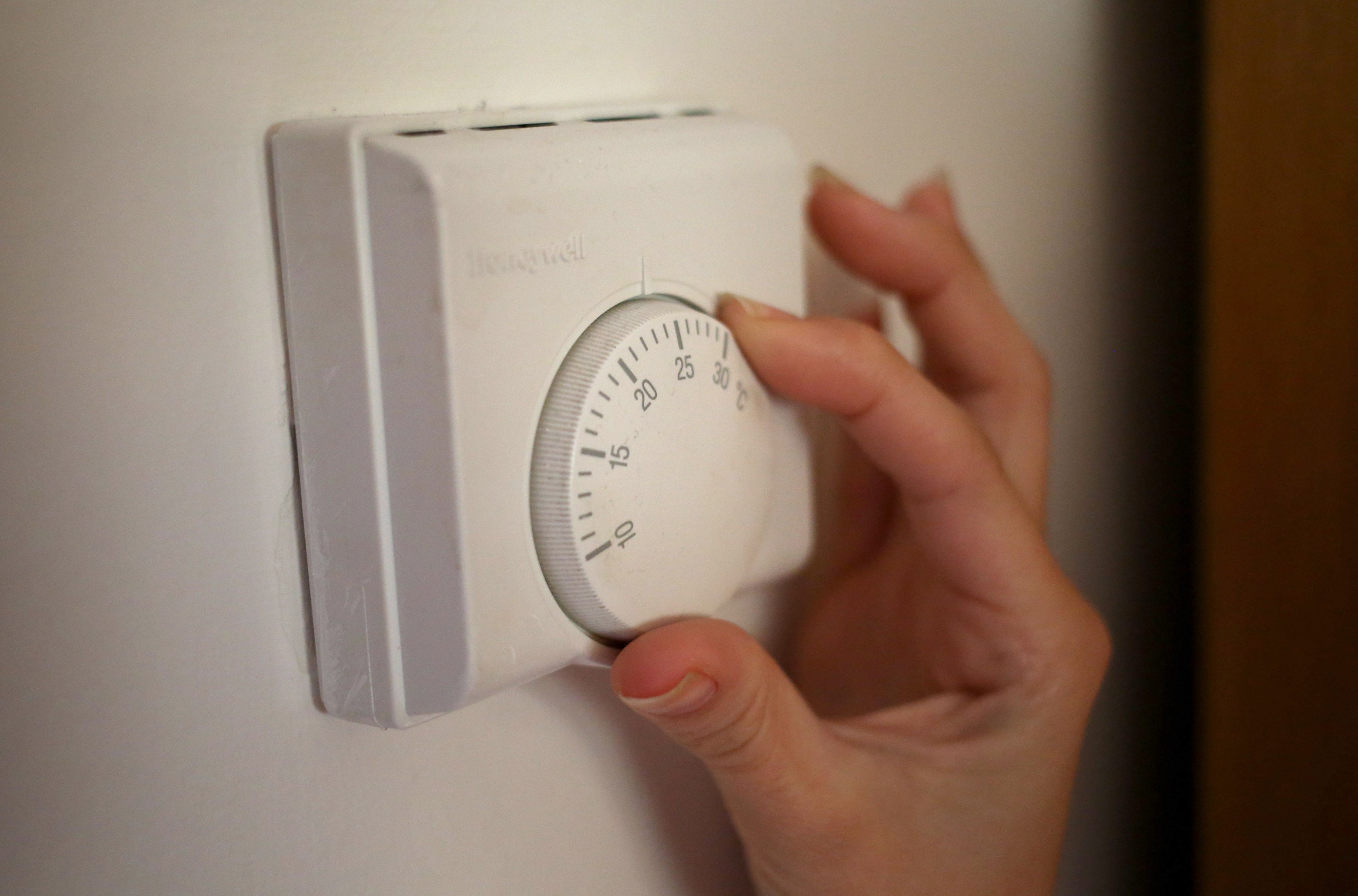Government ‘crossing fingers for mild winter’ to alleviate energy crisis
Business secretary shared a private Met Office briefing predicting a ‘wet and mild’ winter with energy bosses

The business secretary has been accused of “crossing his fingers for a mild winter” after sharing a briefing with energy companies about weather which could help alleviate the price crisis.
Kwasi Kwarteng shared a private Met Office briefing with businesses which said that the “most likely scenario” is that this winter will be wet and mild, the Financial Times reported.
A milder winter could help families struggling to deal with the rising cost of heating their homes.
Soaring gas prices have hit the industry hard with numerous energy firms going bust due to rising cost pressures. Pure Planet and Colorado Energy, which both supply 235,000 and 15,000 customers respectively, were the latest to collapse on Wednesday.
Energy companies have been restricted from passing on costs to consumers by the energy price cap, which is currently at £1,277 per year. However the cap is expected to increase in April, with some experts predicting a rise of £280.
Mr Kwarteng shared a weather briefing with energy bosses which said that “for the late winter period from January to February 2022, the most likely scenario is for an unsettled period of wet, windy and mild spells.”
The report is produced “for planners in government and business who make risk-based decisions” and goes further than the Met Office’s three-month outlook. The three-month briefing, issued three weeks ago, predicted that December would be “significantly more likely than normal to be mild”, but added that “cold spells are still possible”.
The Met Office told the Financial Times that its longer term outlooks considered the percentage chances for precipitation and temperatures.
A spokesperson said: “It’s not a forecast. It’s used by people who understand risk. Accuracy declines the further out you go. The whole area of long-range forecasting is pretty experimental as far as any meteorological organisation is concerned.”
Shadow business secretary Ed Miliband claimed Mr Kwarteng was “reduced to crossing his fingers for a mild winter”. He added: “This is a new low for government energy policy. Kwasi Kwarteng is showing just how much a decade of inaction from government left us vulnerable.
“Kwasi Kwarteng is the business secretary not a weatherman. It is cold comfort for businesses and families that this is all he has to offer.”
But an ally of Mr Kwarteng told the newspaper: “We’re not crossing our fingers, hoping for warm weather, or basing our strategy on it. That’s a ludicrous criticism. We have a plan that is clearly set out.
“Customers are protected through the price cap. If a supplier fails, then they move to another company and the price cap will follow them.”
Join our commenting forum
Join thought-provoking conversations, follow other Independent readers and see their replies
Comments
Bookmark popover
Removed from bookmarks